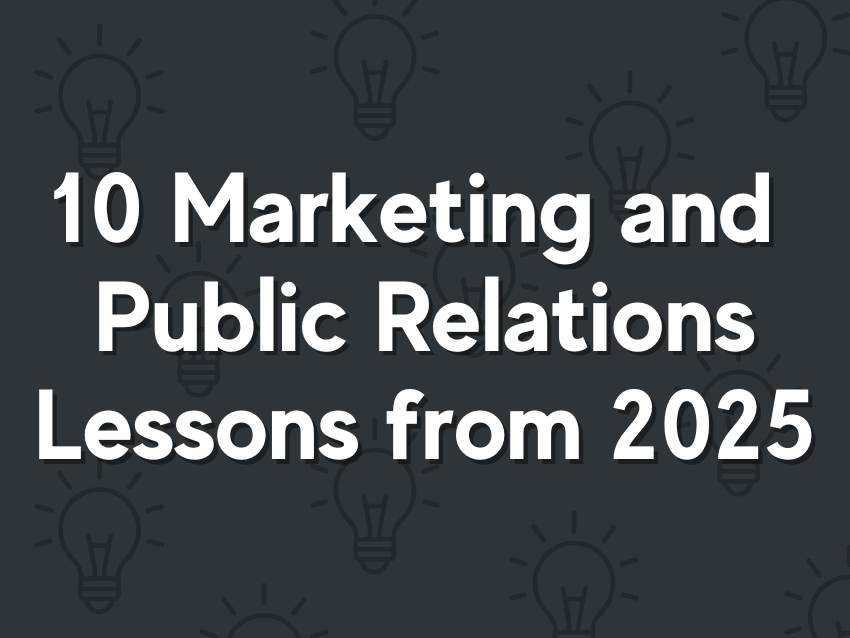In the business world, it’s not uncommon to hear people speak about the importance of setting SMART goals. The phrase was coined more than 30 years ago, but it’s no wonder why people continue to use it as a guide today; it’s a great tool for creating objectives that you can actually accomplish.
The problem many firms face when determining marketing objectives is that there’s no magic bullet. What works for one firm won’t work for another. Finding the right marketing mix takes time and experimentation, and since results don’t happen right away, it’s easy to get discouraged and give up. SMART goals can help keep you on track.
Whether it’s increasing website traffic or converting more leads, every company has at least one area that needs to be improved (and usually several more areas that they would like to improve). SMART goals can help you prioritize and evaluate your goals before sinking a lot of time and energy into them. So before jumping into a marketing plan that may not work, or before giving up on meeting your marketing goals altogether, take some time to make sure your goals fit the SMART criteria:
S – Specific:
The more explicit you make your goals, the better. Just saying that you “want more leads” is a quick way to fail. What percentage increase in leads do you want to see? What type of leads do you need more of? When is your deadline? Really pinpoint the exact results you want.
M – Measurable:
How will you know you’ve reached your goal if you don’t measure how far you’ve come? Choose key indicators that are easy to track, and paint a clear picture of improvement. And don’t wait until your deadline to measure change—check in periodically to make sure you’re moving in the right direction.
A – Attainable:
It’s important to aim high, but don’t make your goals too lofty. Sometimes, it doesn’t matter how hard you work; there are just some goals that you won’t be able to reach (at least not overnight). Make sure it’s actually possible for you to attain your goals.
R – Realistic:
Reaching your marketing goals exactly in the way you anticipate is not only hard—it’s virtually impossible. Understand that some objectives will be easy to meet, some will be challenging, and some you’ll never reach. That’s okay! Be honest about what you’re capable of and don’t get bogged down in goals that don’t come out as planned.
T – Time-bound:
Give yourself a hard deadline and stick to it. Beyond just choosing a final date, break down your objectives into small, actionable tasks and block off time on your calendar to work on them. Without making time to reach goals, it’s easy to let them slide.


